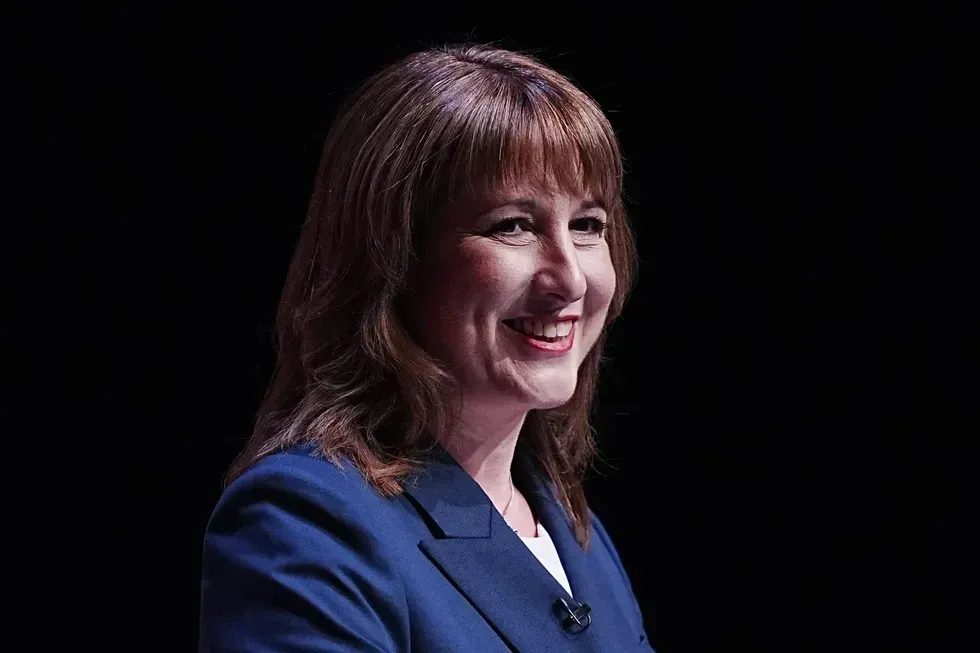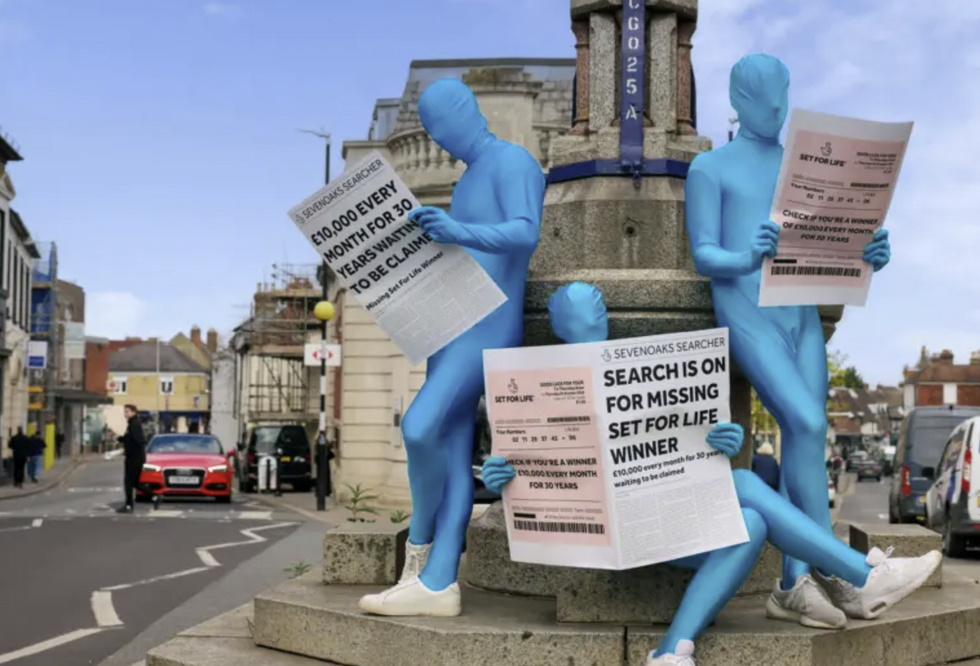Chancellor Rachel Reeves is facing the prospect of an £8billion shortfall in tax revenues from the National Lottery, after sales fell well below the forecasts made by new operator Allwyn.
The Lottery will generate around £84billion in sales over Allwyn’s 10-year licence to 2034, little more than half of the £152billion figure promised in its winning bid for what was billed as Britain’s most valuable public sector contract new research has shown.
The Czech-owned firm, controlled by billionaire Karel Komárek, had claimed its plans would raise £18.2billion for the Treasury, but current projections from The Telegraph indicate the true figure will be closer to £10billion.
Lottery duty contributes 12 pence per pound on all National Lottery tickets and scratch cards purchased across the country.
Lottery tax receipts have flatlined or even fallen since peaking in 2021, slipping back to levels last seen in 2019, government figures show.
It is not yet clear whether the Treasury or the Office for Budget Responsibility have accounted for Allwyn’s slower-than-expected sales growth in their forecasts.
The timing adds to the pressure on Chancellor Rachel Reeves, who is already grappling with a projected £50billion black hole in the public finances ahead of next month’s Budget.

The National Institute of Economic and Social Research has warned she faces an “impossible trilemma”, saying she cannot realistically hit all three of her targets: sticking to fiscal rules, keeping spending promises, and honouring Labour’s pledge not to raise taxes on working people. At least one, it said, will have to give.
Many analysts now expect more tax rises to be unveiled in the Budget.
Allwyn took over the National Lottery from Camelot last year, pledging heavy investment in marketing and technology to boost ticket sales.
The operator began rolling out a major IT system upgrade in August, which it says will help sales recover. Shop owners have reported widespread technical problems with lottery machines following these changes.

Lord Don Foster, who chairs Peers for Gambling Reform, expressed concern about the situation, stating: “It’s deeply concerning that Allwyn are not delivering what they promised to do.”
He added: “I remain concerned about their ability to deliver what they promised, even with their new operating system.”
The operator’s performance also affects Britain’s charities and sports organisations, which receive approximately 25 per cent of sales revenue.
Allwyn had committed to more than doubling charitable donations from £17.9 billion during Camelot’s final licence period to £38 billion, equivalent to £3.8billion annually over the next decade.

The lottery produced merely £1.8billion for charitable causes during its inaugural year under Allwyn. With contributions increasing at just 0.74 per cent quarterly, or three per cent annually based on the company’s data, the lottery appears set to generate approximately £21billion throughout Allwyn’s licence, potentially falling £17 billion short of commitments.
Parliamentary scrutiny has intensified, with Viscount Chandos questioning in February’s House of Lords debate whether the Gambling Commission had been “taken for a ride” by Allwyn during bidding.
Baroness Twycross, the gambling minister, maintained the Commission exercised “direct oversight” and had consulted executives “to receive additional assurance around delivery.”
Meanwhile, the licensing decision faces legal examination as former publisher Richard Desmond pursues a £1.3 billion damages claim against the Gambling Commission.
His case, alleging improper conduct of the bidding process by the regulator, commences at the High Court on Thursday.
Our Standards: The GB News Editorial Charter







Follow